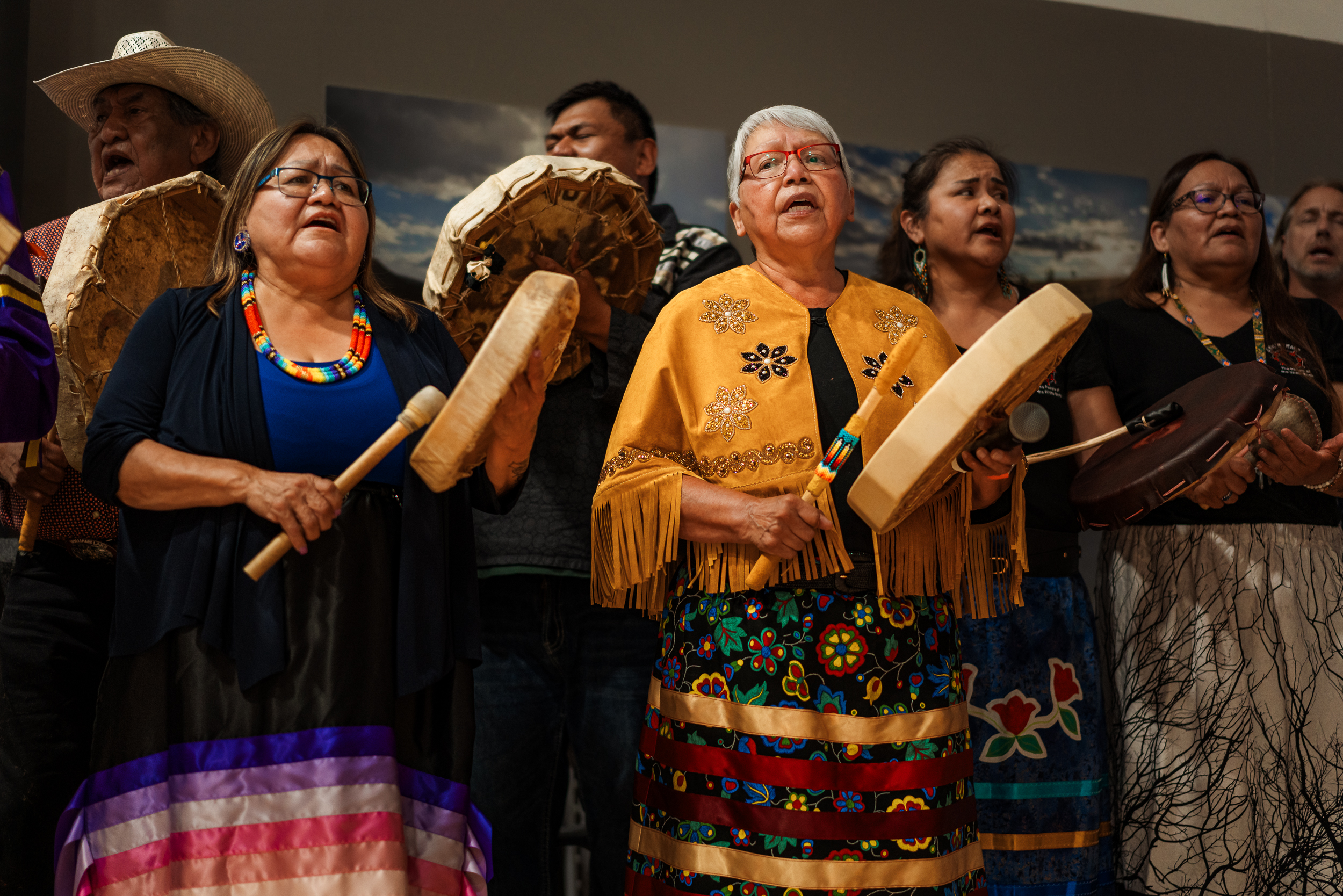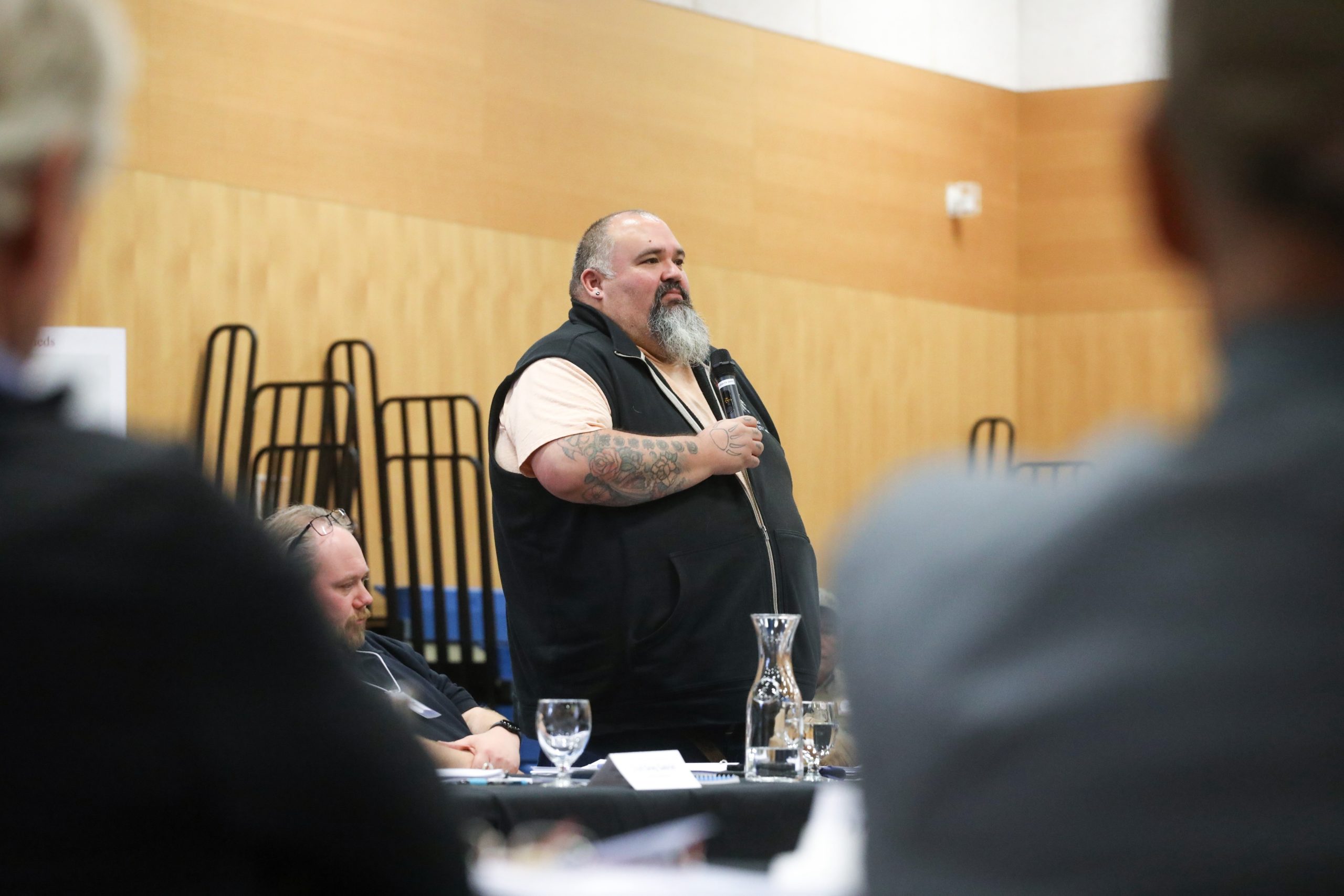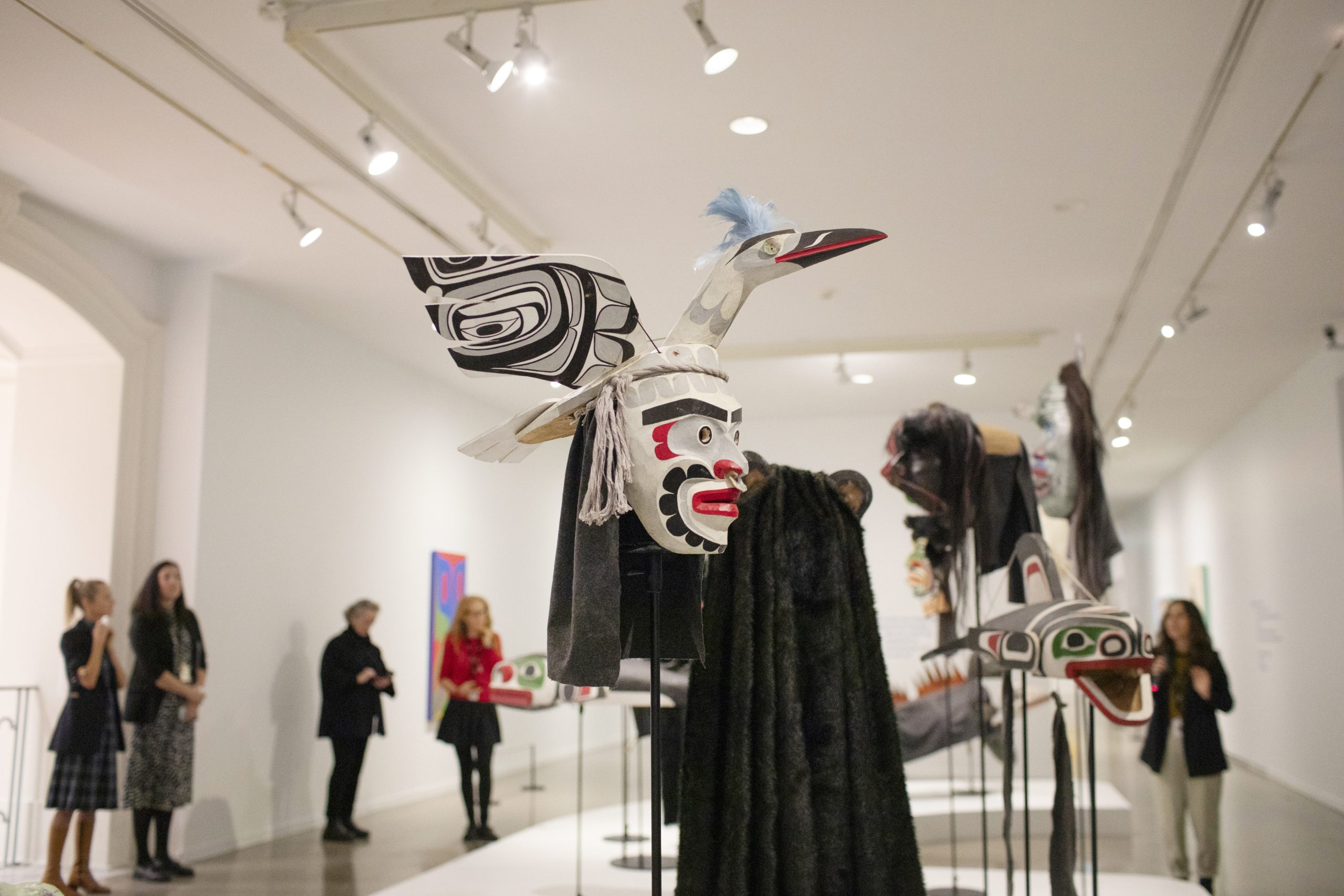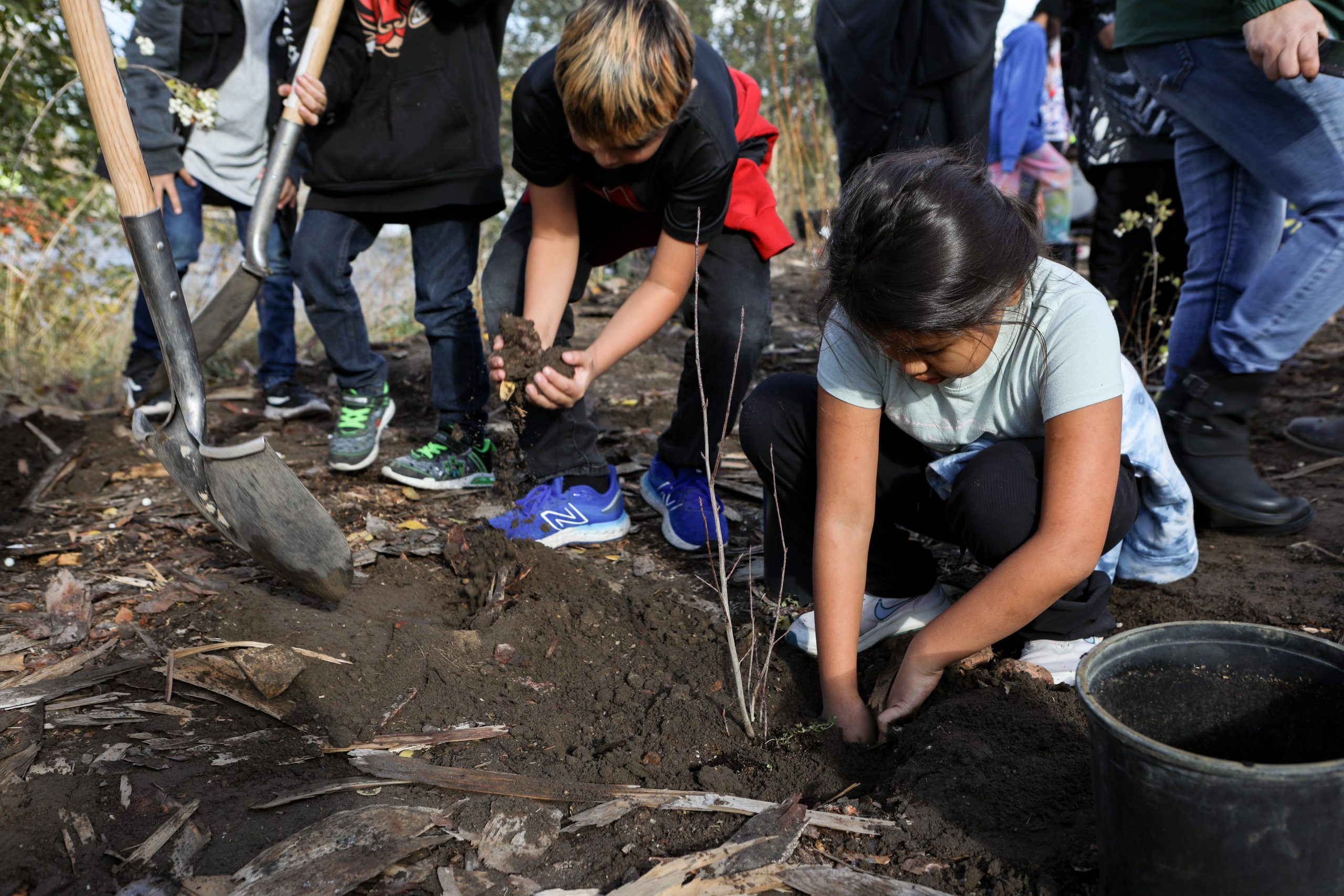Supreme Court case for sn̓ʕay̓ckstx man challenges colonial border rules
Native Americans could be constitutionally protected under Canadian Law after being heard in the Supreme Court.
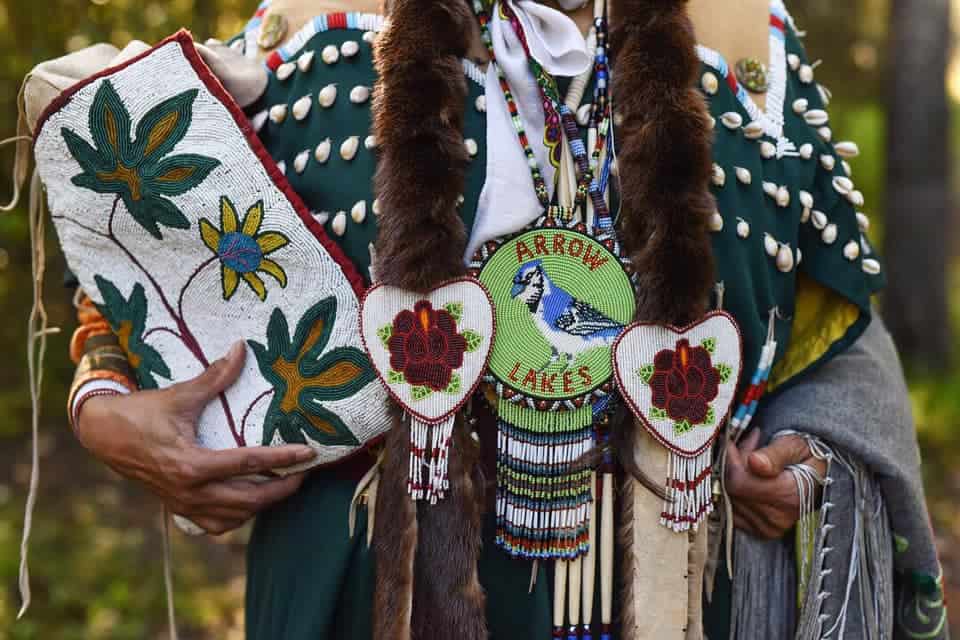
On Oct. 1 2010, Richard Desautel carried out a plan that was a long time in the making. The sn̓ʕay̓ckstx (Sinixt) man, of the Lakes Tribe, which is part of the Colville Confederated Tribes in Washington State, crossed the border into B.C. to go hunting.
He travelled to the Arrow Lakes region, which is sn̓ʕay̓ckstx territory, and he shot and killed an elk. He then called a conservation officer to report what he had done. He was charged with hunting without a license.
He did this intentionally to get the opportunity to argue for sn̓ʕay̓ckstx rights in court — it’s a case that has now gone all the way to Canada’s Supreme Court.
Desautel and his lawyers argue that he was exercising his inherent rights to harvest for ceremonial purposes in his traditional territory belonging to the sn̓ʕay̓ckstx Peoples.
The Crown’s main argument hinges on the fact that Canada declared the sn̓ʕay̓ckstx to be extinct more than 60 years ago, in 1956. The Crown also argues this would impact the sovereignty of Canada, compromising Canada’s ability to control its border.
At stake here is a verdict that could set precedent to give all bordering Indigenous nations the same constitutionally protected rights in Canada as their northern relatives.
“This case has implications well beyond sn̓ʕay̓ckstx territory,” shared Rodney Cawston, the Chairman of the Confederated Tribes of the Colville Reservation (CCT), in a Tribes Press Release.
“Desautel will have implications for Indigenous nations along the Canada-US border,” DGW Law, shared in the case brief.
“If such a community on the American side of the border is able to prove that it meets the Van der Peet requirements, that community may be included as one of the “Aboriginal peoples of Canada” for the purposes of Aboriginal rights.
This is important, for example, should an American Indigenous person be charged with a wildlife or fishery offence,” reads the brief.
History of the sn̓ʕay̓ckstx
Prior to settler contact, sn̓ʕay̓ckstx Peoples lived and hunted in a large part of what is now known as British Columbia and a small part of what is now northern Washington state.
The Washington portion of their territory became part of the United States in 1846. At that time, many sn̓ʕay̓ckstx Peoples ended up on the Colville Reserve and became known as the Lakes Tribe.

In 1902, the government of Canada created the Arrow Lakes Band, and this included sn̓ʕay̓ckstx members. When the last living member of the Arrow Lakes Band died in 1956, the federal government “declared the Arrow Lakes Band extinct for the purposes of the Indian Act,” according to the case summary.
The Crown maintains that Desautel could therefore not hunt in Canada because the Lakes Tribe does not exist and cannot be constitutionally protected, as they weren’t deemed, “Aboriginal Peoples of Canada.”
“The trial judge held that Mr. Desautel was exercising an aboriginal right to hunt for ceremonial purposes,” the case summary explains. “The Supreme Court of British Columbia dismissed a summary conviction appeal. The Court of Appeal dismissed an appeal.”
The Crown, not in agreement with the rulings, said it would open up a plethora of new issues that were of national relevance and appealed the hearing to the Supreme of Canada. The Supreme Court case began on Oct. 8.
Feelings of Anticipation Rise
Desautel had been in B.C. self-isolating since mid-September so that he could make the trek to Ottawa to bear witness to this significant event.
“I am honored be able to take this journey with our ancestors, who have guided me across the border and here to Ottawa,” Desautel shares in the CCT Press Release.
“Their help has deepened my faith that our rights, traditions and natural laws will prevail. I may only be able to stand on the steps of the courthouse, but that will not stop the process of truth and reconciliation, for which I share responsibility.”
On Oct. 8, dozens of people who stand in solidarity with Desautel gathered to show their support at the Waneta Border in Washington. After a day spent in prayer, the group traveled by caravan to the border, which due to colonization now divides the sn̓ʕay̓ckstx traditional territory.
Author
Latest Stories
-
‘Truth, courage, care’: Esk’etemc leader honoured with ‘B.C.’ reconciliation award
Charlene Belleau has been ‘leading voice’ of justice for survivors — documenting truth and supporting community healing
-
Across the border, Indigenous fears spike amidst ‘U.S.’ immigration crackdown
With ICE operations, multiple First Nations warn members about travel risks — despite treaty rights. Why Indigenous communities are on the frontlines defending rights for all


